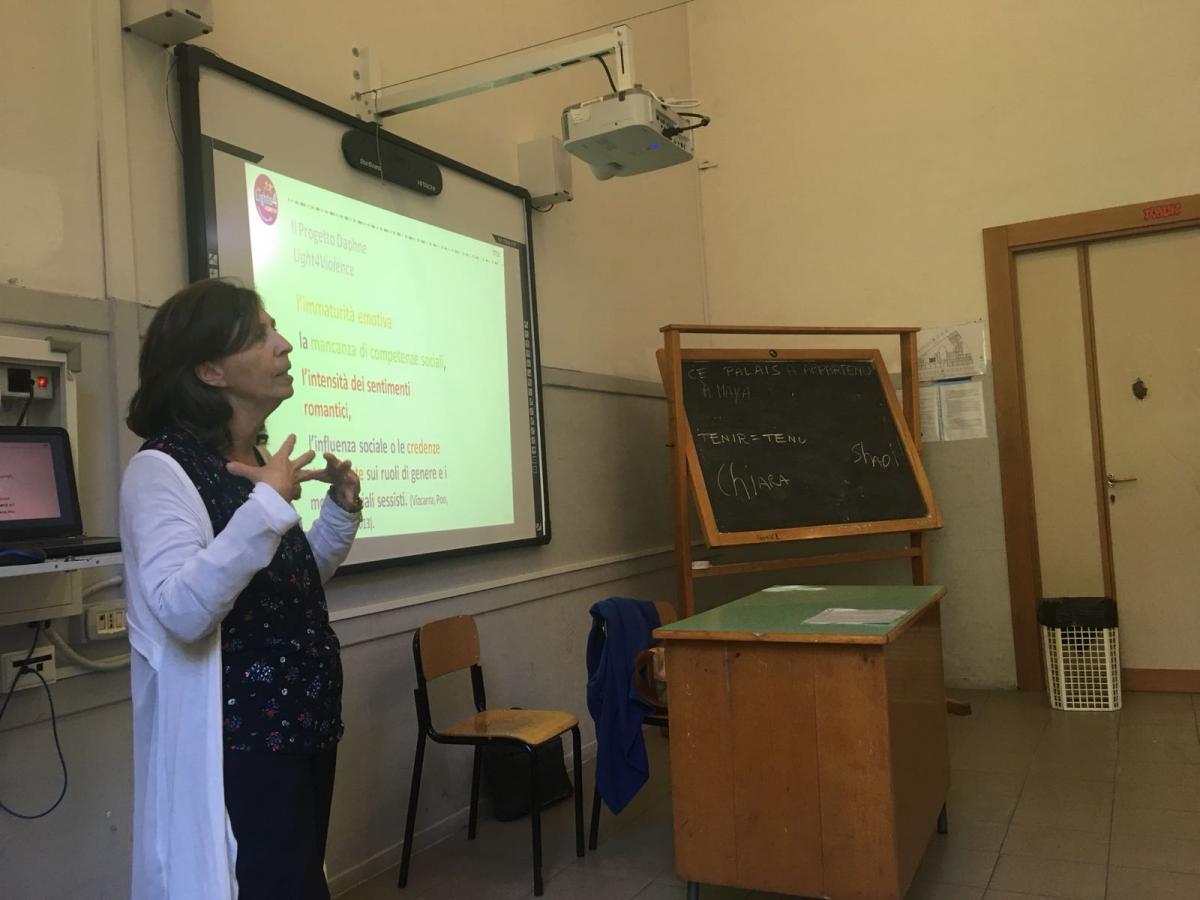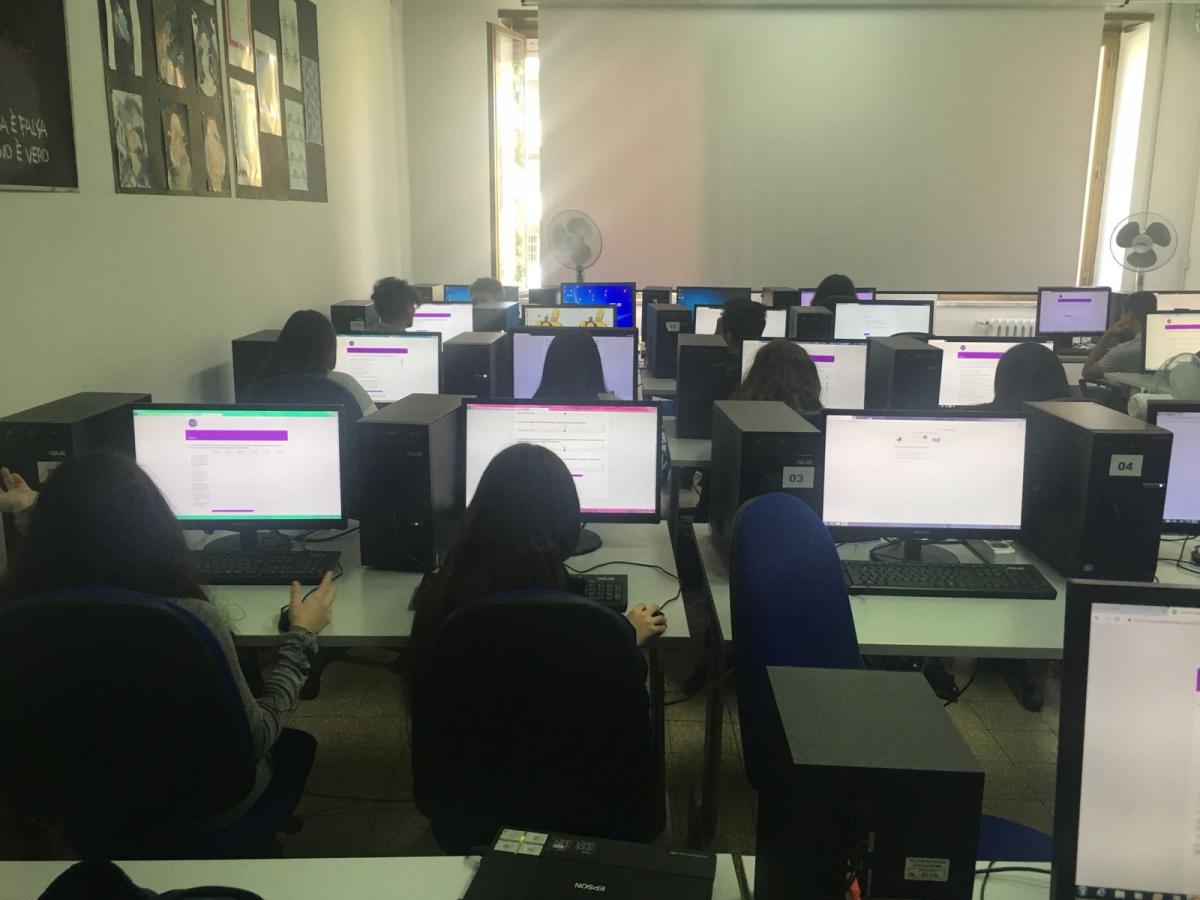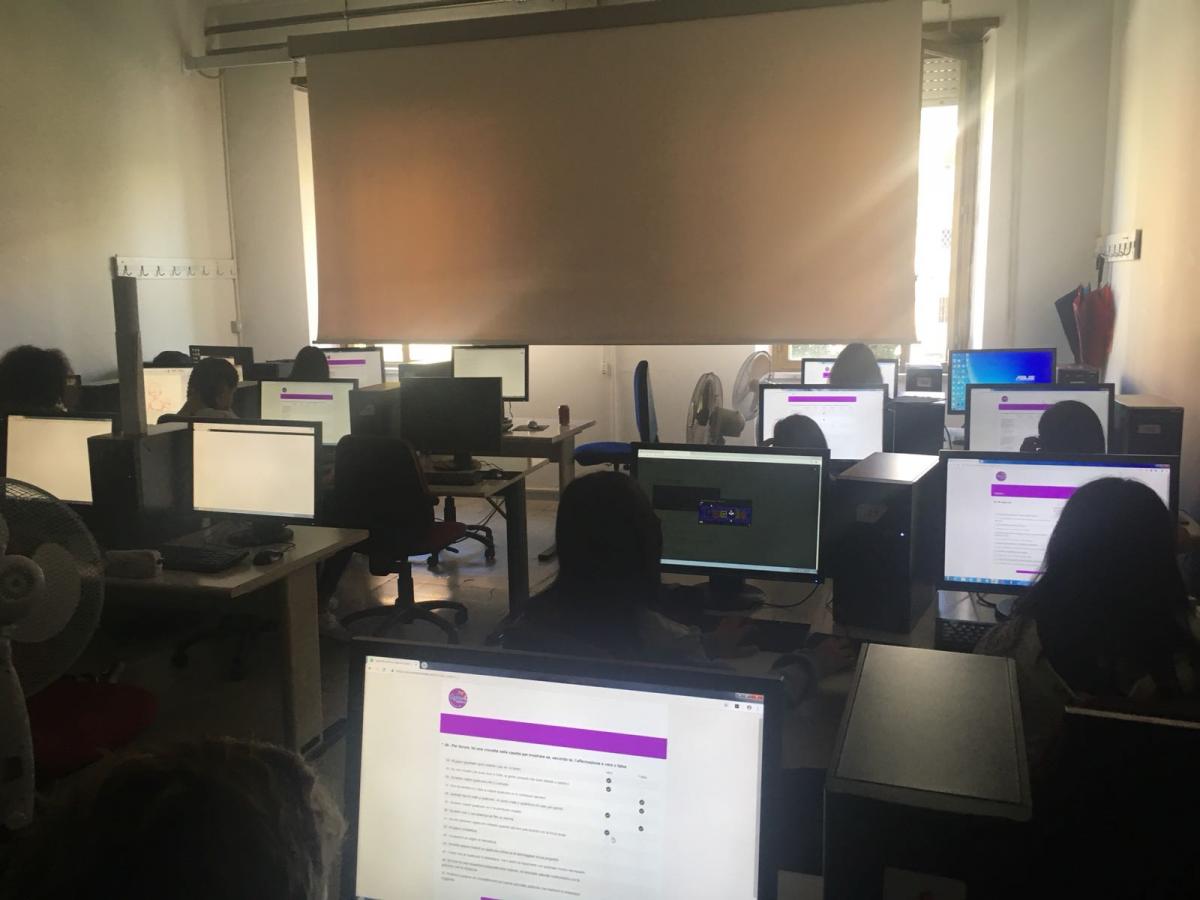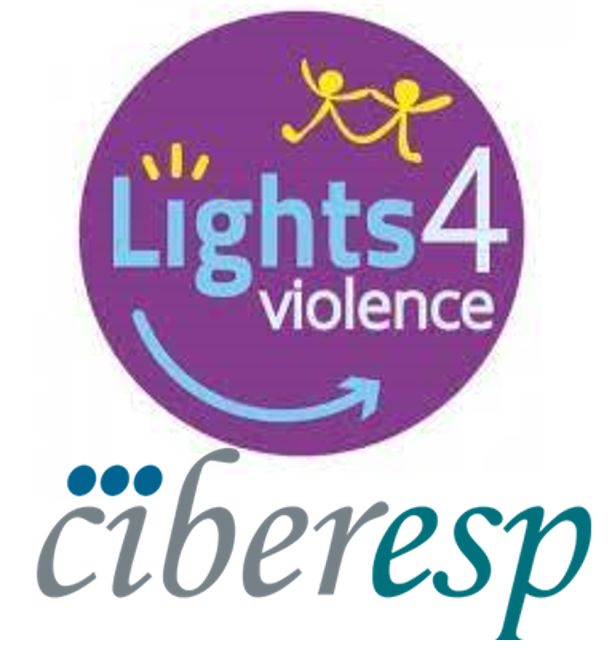LUMSA team
After the pilot study carried out in Rome at the end of May with 20-30 students aged 15 years, the Italian team of LUMSA University worked on the questionnaire and produced a final draft that was shared with the other colleagues and then was uploaded online. The questionnaire explored different aspects of students’ social life. For instance, what form of support or help teenagers can get from their parents, if they feel supported and appreciated by friends, classmates and teachers, and what is their attitude and opinion about conflictive situations. This tool was used both with the intervention group and the control group. A control group is identical to experimental group in every aspect, except that this latter is subjected to treatments or interventions that researcher thinks can have an effect on the outcome of interest while the former is not. Therefore, control group helps researchers to determine whether a treatment under investigation has a significant effect on an experimental group.
On Wednesday September 26th, 104 students from the “Caetani” High School Lyceum (Rome) went to the LUMSA University where the researchers introduced the project and then carried out the survey by administering the questionnaire. Students were very interested and intrigued by taking part in an international project founded by European Union’s Rights, Equality and Citizenship Programme and that involves other students from different European countries. Later, on Friday September 28th, the questionnaire was administered to129 students from the "Caravillani" High School Lyceum (Rome), and they were intrigued as well, but at the same time enthusiastic about fulfilling the questionnaire and participating in the project.
The survey allowed the Italian project team to assess the tools and their intelligibility among students. Indeed, researchers did not find particular problems, except for the understanding of some more technical words referred to the “adult” world, such as “paid work” and “autonomous work”.
Some days later, on the 1stof October 2018, the LUMSA team has started the training activities for the teachers from the “Caetani” High School Lyceum (Rome). Eleven teachers took part in the first meeting, during which Nicoletta Rosati (assistant professor of General Didactics and Special Pedagogy) presented the main activities of Lights4Violence projects: that is, its theoretical framework and the importance to promote healthy relationship among teenagers. Then, Francesca Ieracitano (assistant professor of Sociology of Communication and Media Theory) presented a preview of the activities related to the second part of the project that will involve students in creating a short film with the help of experts and video-makers.
The teachers reacted by demonstrating a great interest and the willingness to collaborate in the project. Therefore, also Italy is ready to turn on Lights against dating violence!




Add new comment